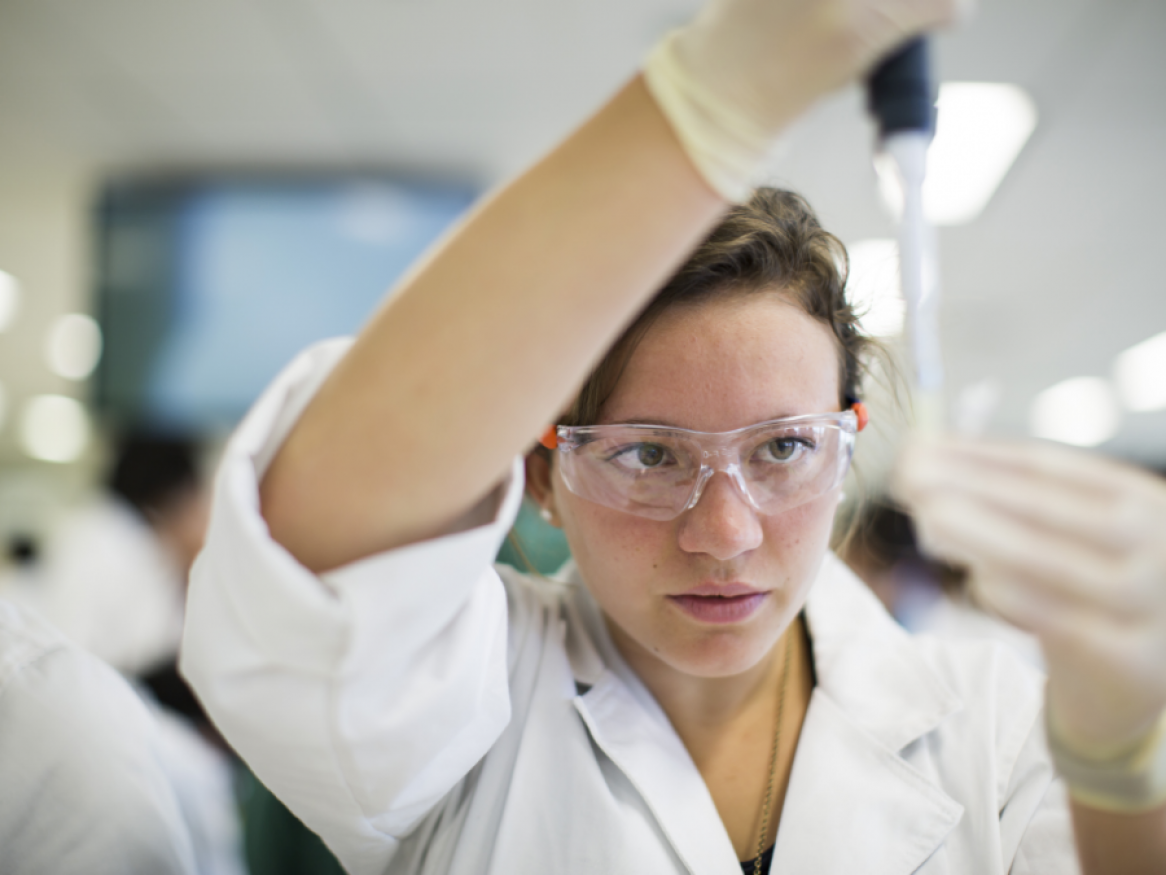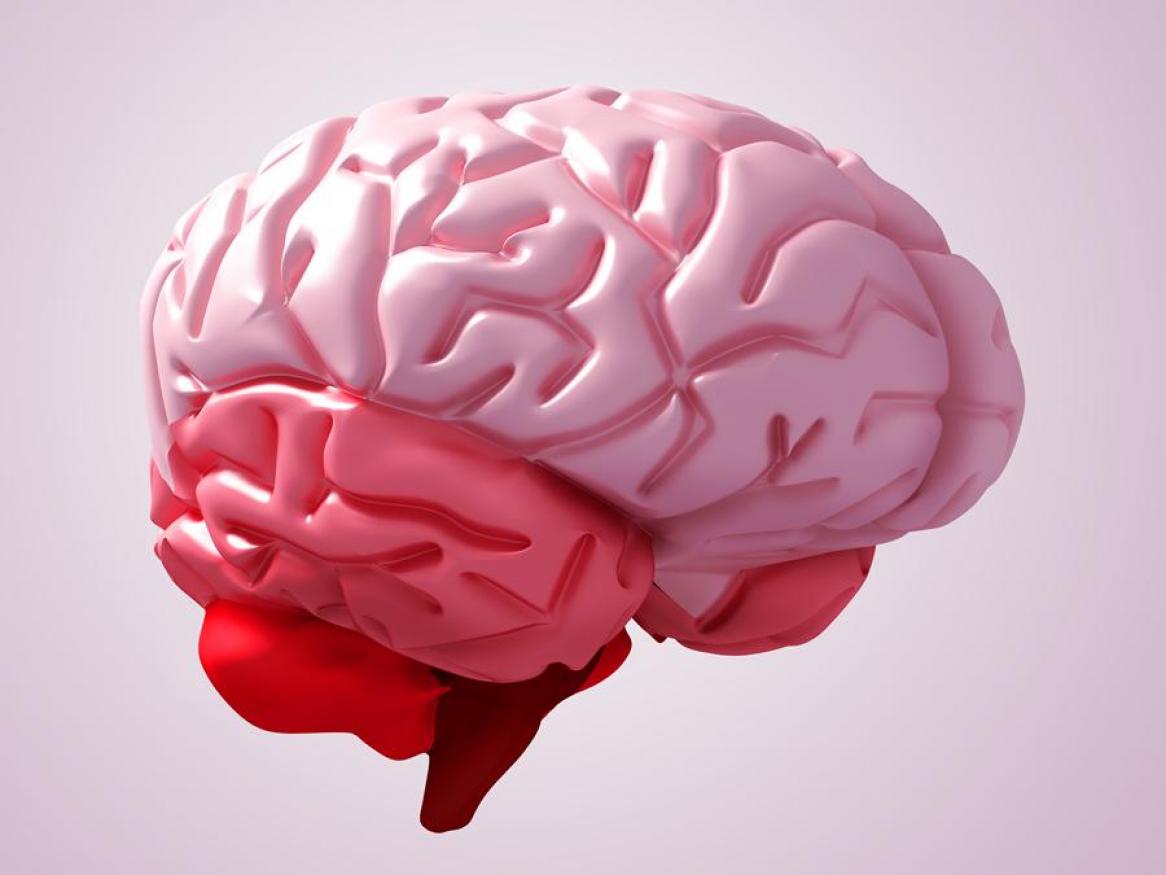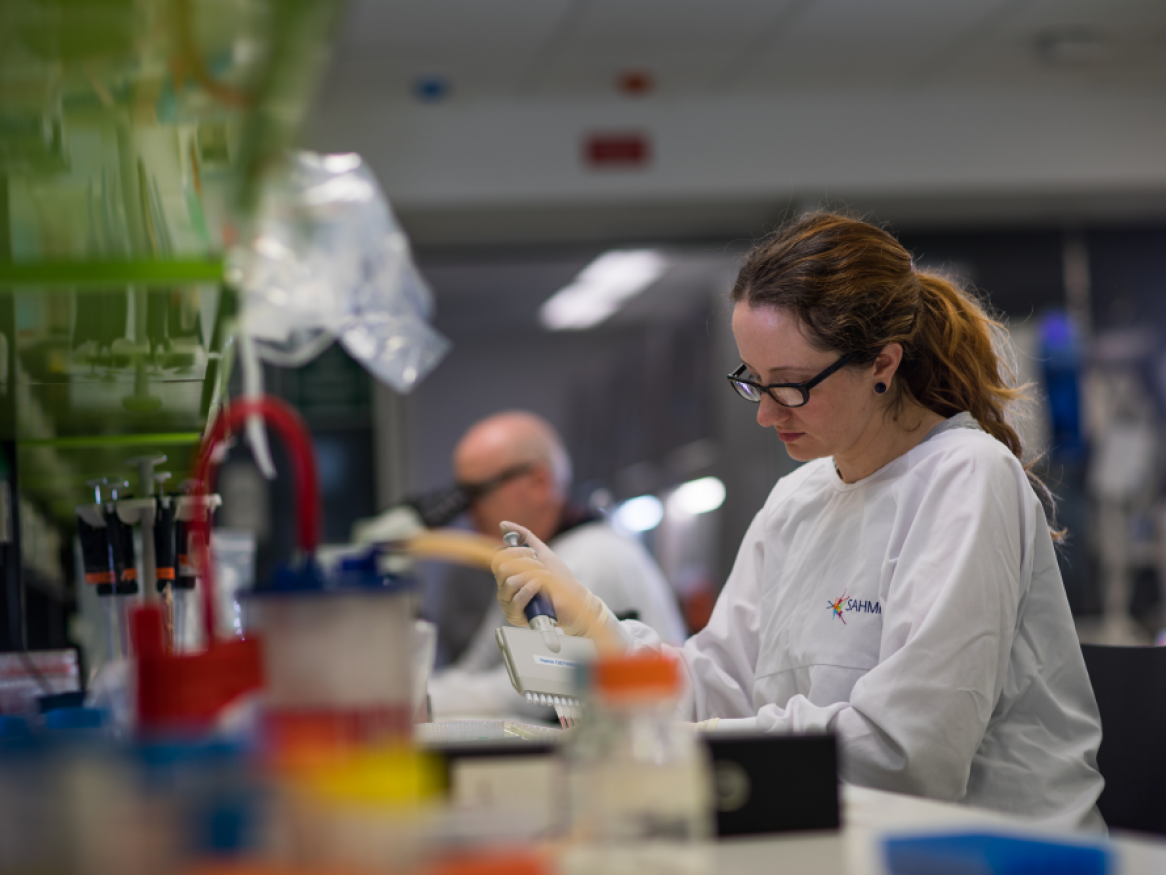Clinical Pharmacogenomics Group
The Clinical Pharmacogenomics Group aims to personalise medicine by studying DNA variations to better target a drug, or its dose, to improve health and prevent toxic reactions.
Pharmacogenomics is the study of variations in our genome (DNA and RNA) that alter our response to medicines and contribute to adverse drug reactions, and also how these genetic variations can be translated into clinical practice to provide a ‘precision medicine’ approach.
The Clinical Pharmacogenomics Group investigates genetic variants that impact on drug responses and a person’s immune response to drugs. We use various approaches, including pharmacokinetics, metabolism, pharmacodynamics (such as receptors and signalling messengers) and immune markers of drug hypersensitivity reactions.
Our studies look at drug metabolism and response (across cancer, solid-organ transplantation outcomes, depression), infectious diseases in Papua New Guinea (HIV, Tuberculosis), neurogastroenterology and molecular toxicity (via a chemotherapy-induced model of mucositis), pain (such as persistent post-surgical pain, chronic pain in spinal cord injury and fibromyalgia, palliative medicine), gulf-war illness and epilepsy.
Our large research program investigates pharmacogenomics of Aboriginal Australians. Discovery of interethnic differences in drug response and the genetic factors that contribute to such differences are of importance for drug and dosing guidelines and represents a great example of Precision Medicine.
Interested in a postgraduate research degree?
We offer exciting opportunities for researchers at the honours, masters and PhD levels. Our research degrees are open to students from a broad range of backgrounds, and range from basic sciences to clinical research. If you are interested in human health, consider furthering your research career with us.






